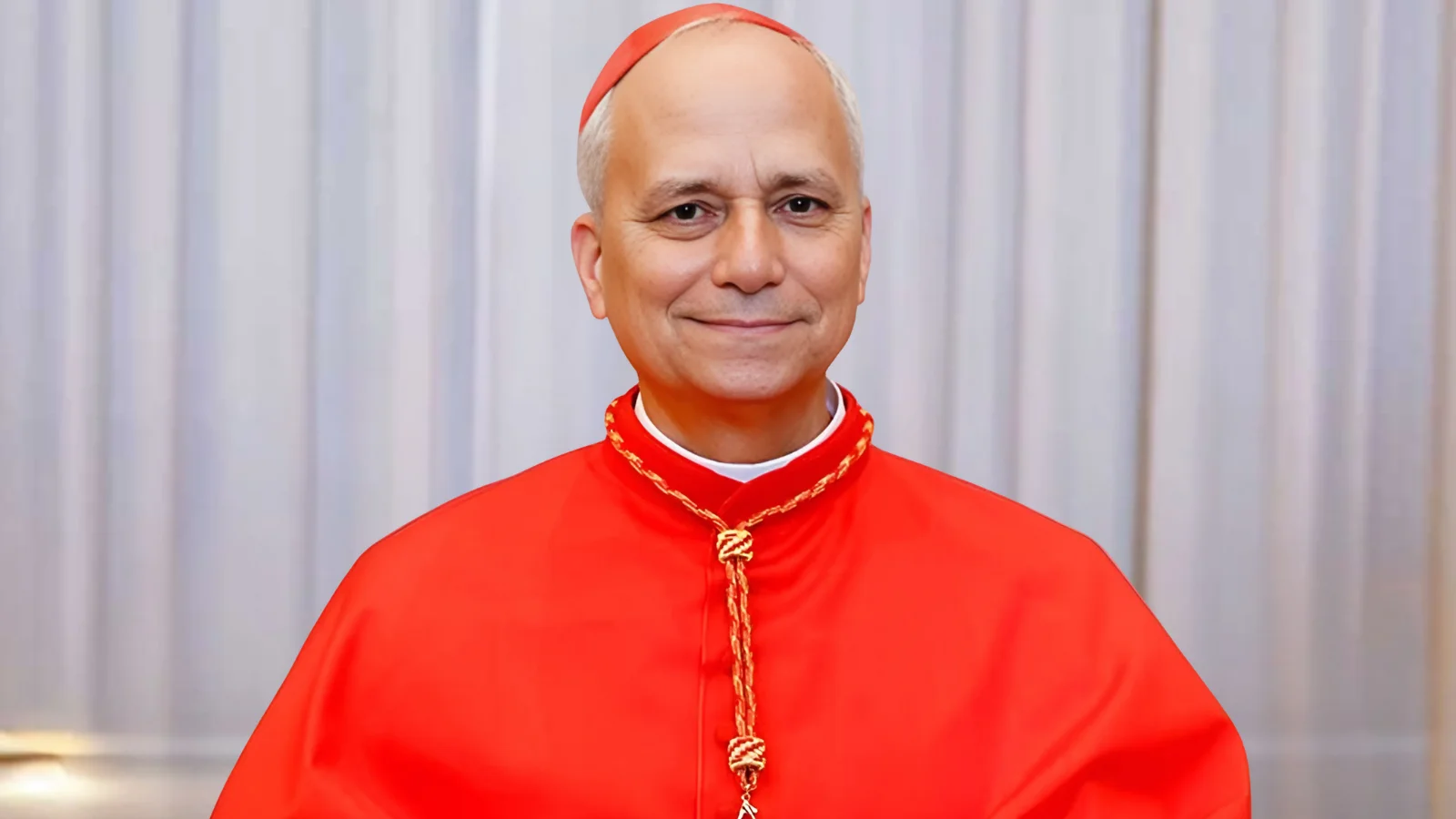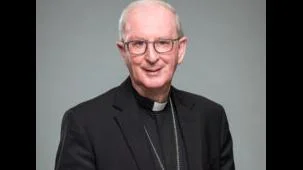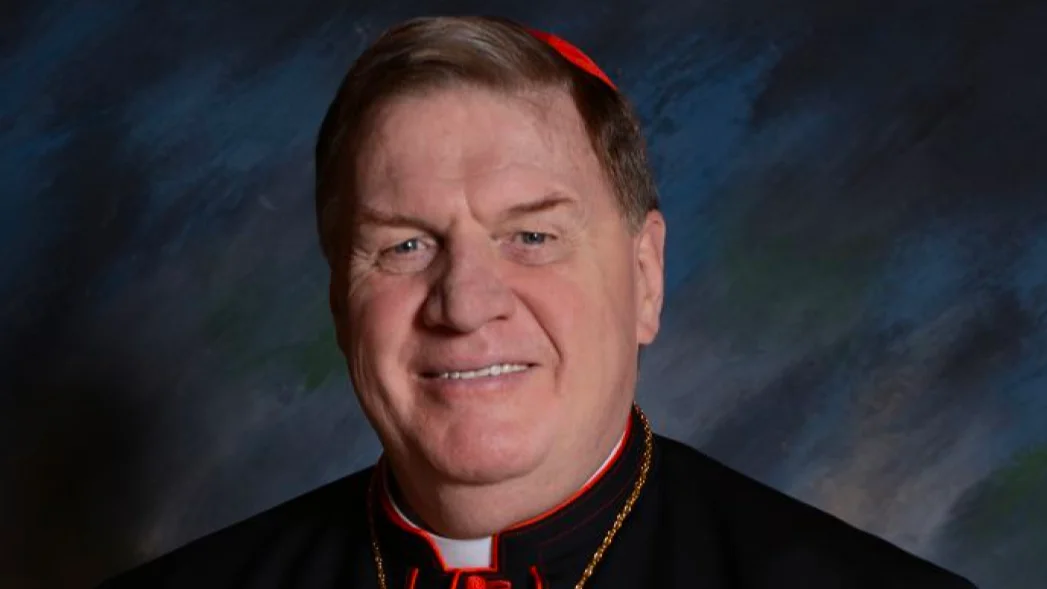
Pope Leo XIV | Official Website
In his first apostolic exhortation, Pope Leo XIV called on Christians to renew their commitment to serving the poor, describing love for the poor as central to the faith. The document, titled “Dilexi Te” (“I Have Loved You”), was signed on October 4 and released by the Vatican on October 9.
Pope Leo said many Christians should revisit the Gospel because “they have forgotten that faith and love for the poor go hand in hand.” He wrote, “Love for the poor — whatever the form their poverty may take — is the evangelical hallmark of a Church faithful to the heart of God.”
He noted that while work on the document began under Pope Francis, he added his own contributions and wanted it issued early in his papacy. “Since I share the desire of my beloved predecessor that all Christians come to appreciate the close connection between Christ’s love and his summons to care for the poor,” Pope Leo stated.
The pope emphasized that prioritizing care for those in need has deep roots in Scripture. He wrote, “God’s love is vividly demonstrated by his protection of the weak and the poor, to the extent that he can be said to have a particular fondness for them.”
Pope Leo argued that making a preferential choice for the poor can bring renewal both to society and to the Church if people overcome self-centeredness. He observed a growing divide between rich and poor globally, with women often facing even greater hardship due to lack of rights or resources.
He also reaffirmed Catholic teaching since at least the 1960s about “structures of sin” that perpetuate poverty and lead some to ignore or look down on those with less. However, he clarified that God’s preferential option for the poor does not exclude anyone: “Which would be impossible for God.” Instead, it highlights compassion toward human weakness.
“Wanting to inaugurate a kingdom of justice, fraternity and solidarity,” Pope Leo wrote, “God has a special place in his heart for those who are discriminated against and oppressed, and he asks us, his Church, to make a decisive and radical choice in favor of the weakest.”
He described this choice as involving not only spiritual care but also education, health care, job training, and charity—areas where he said the Church has longstanding involvement.
The exhortation includes a section about migrants. The pope wrote: “The Church has always recognized in migrants a living presence of the Lord who, on the day of judgment, will say to those on his right: ‘I was a stranger, and you welcomed me.'” He cited Matthew 25:35 as foundational for judging how followers treat vulnerable groups.
“The Church, like a mother, accompanies those who are walking” in search of better lives. “Where the world sees threats, she (the church) sees children; where walls are built, she builds bridges,” Pope Leo continued. “She knows that her proclamation of the Gospel is credible only when it is translated into gestures of closeness and welcome.” He added: “In every rejected migrant, it is Christ himself who knocks at the door of the community.”
Pope Leo reviewed biblical references and highlighted saints throughout history who served alongside or aided people experiencing poverty. He specifically mentioned early theologians who saw service to those in need as both an act of charity and evidence of faith.
St. Augustine was cited as seeing support for people in need as proof of sincere faith: “Anyone who says they love God and has no compassion for the needy is lying.”
Pope Leo suggested helping disadvantaged people find work is most important but added that offering alms remains an act of compassion if employment isn’t possible. “It is always better at least to do something rather than nothing,” he wrote.
He also condemned economic systems that widen inequality: “We must continue, then, to denounce the ‘dictatorship of an economy that kills,'” quoting Pope Francis.
“Either we regain our moral and spiritual dignity, or we fall into a cesspool,” Pope Leo wrote.
“A Church that sets no limits to love, that knows no enemies to fight but only men and women to love,” he concluded,“is the Church that the world needs today.”






 Alerts Sign-up
Alerts Sign-up